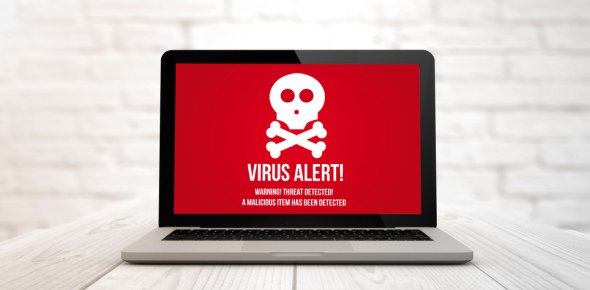Computer Virus:
A computer virus is a parasitic program that infects other legitimate programs, which are sometime referred as hosts. To infect the host program, the virus modifies the host to store a copy of the virus. After infection, viruses make various damages to the system which may be low to high to critical.
To qualify as virus, a program must be able to replicate itself. This can mean copying itself in different places on the same computer or other computers by reaching them using connected networks or internet.
Activities of Computer Viruses:
The majority of computer viruses are relatively harmless; their purpose is to annoy their victims rather than to cause any specific serious damages. Other viruses are indeed malicious. They can do great damages to a computer system if they get executed anyway.
Viruses can be programmed to do many kind of harms including the followings,
- Copy themselves to other programs or areas of disks
- Replicate as rapidly and frequently as possible, filling up the infected system’s disks and memory, rendering the system useless
- Slow down the computer system by occupying RAM spaces
- Losing control on various hardware as their drivers get infected
- Some viruses cause unwanted restart which occurs very frequently and are scheduled by the viruses
- Display information on the screen
- Modify, corrupt or destroy selected files
- Erase the contents of entire disks
- Lie dormant for a speified time or until a given condition is met and then become active
- Open a back-door to the infected system that allows someone else to access and even take control of the system through a network or internet connection
- Corrupt / Delete system files and force to re-install OS
- Spamming using internet connection and making the network useless.

